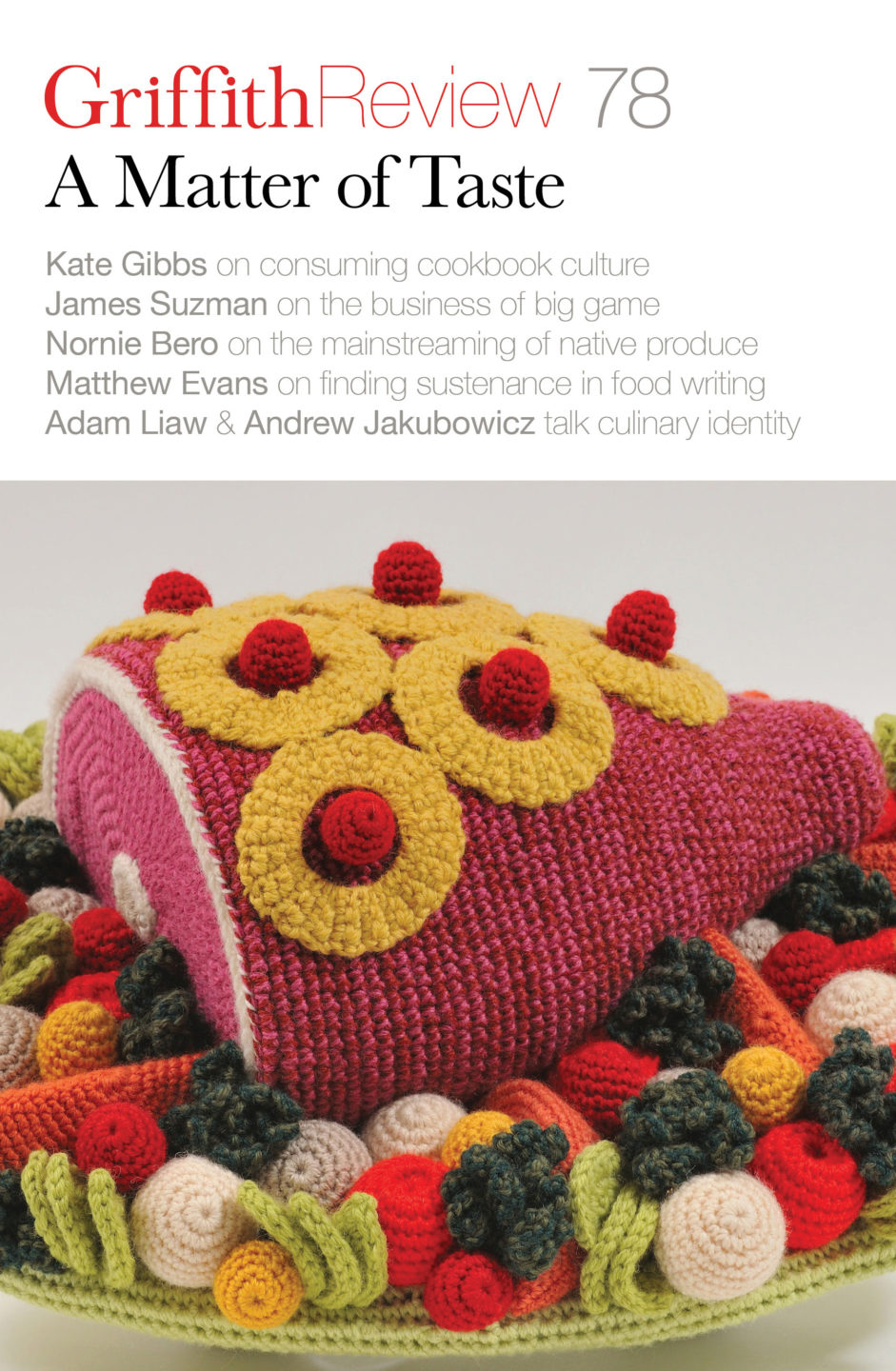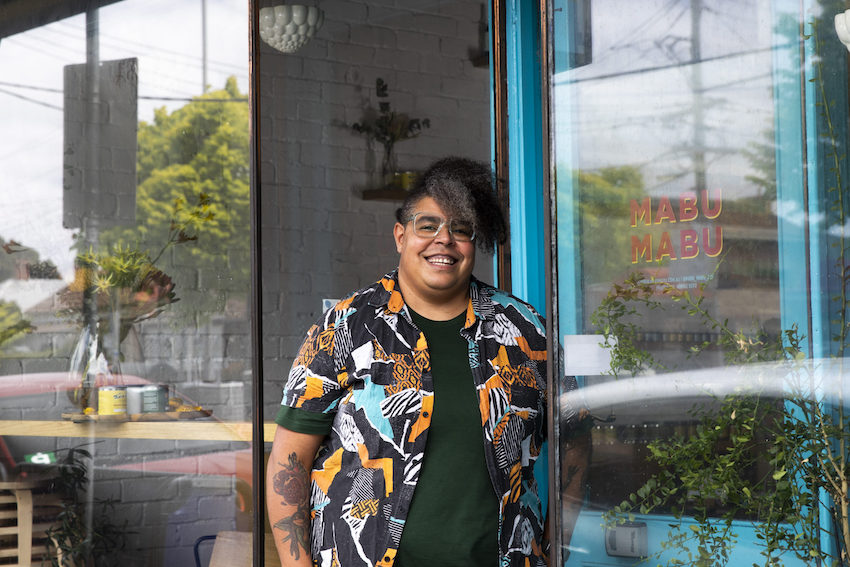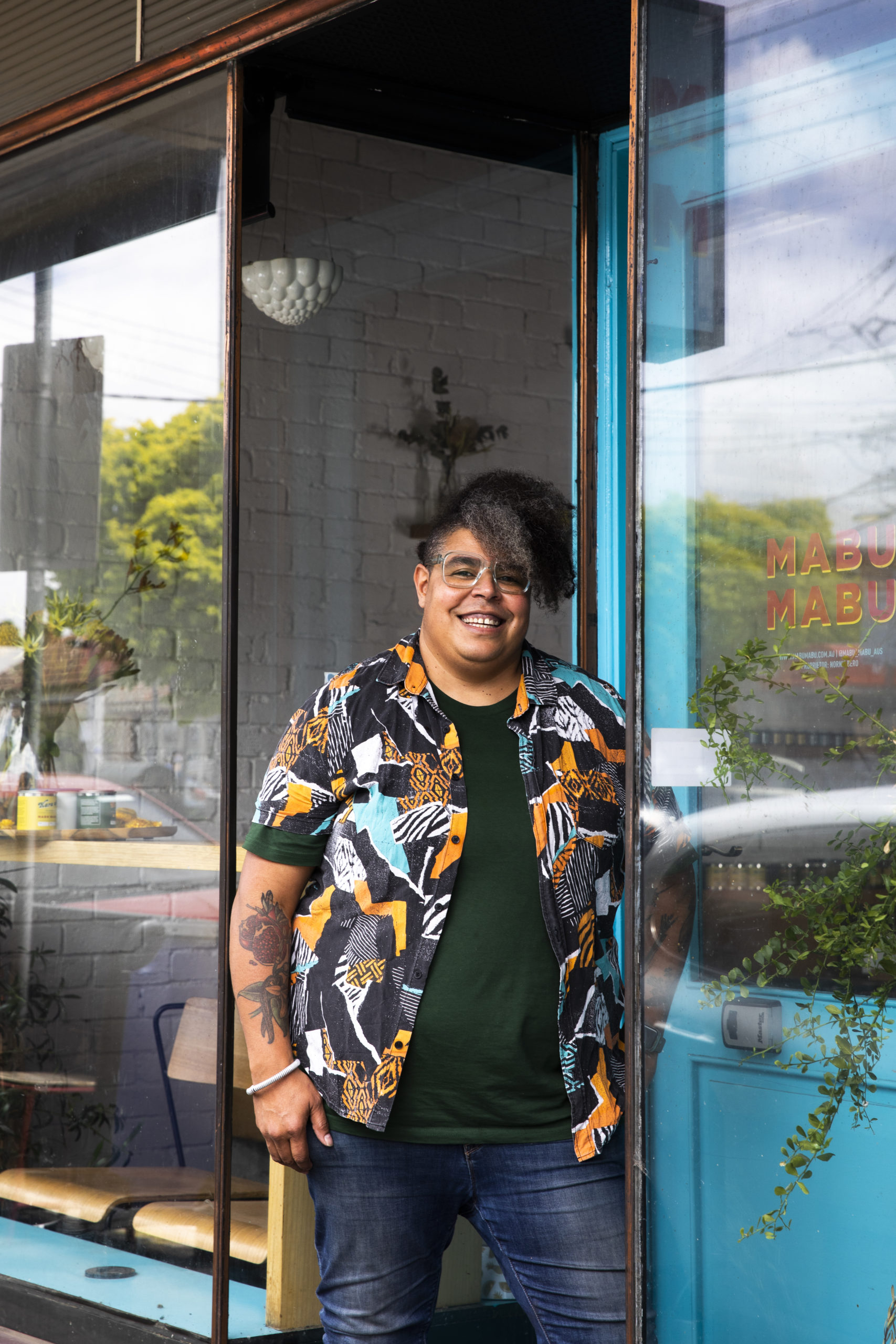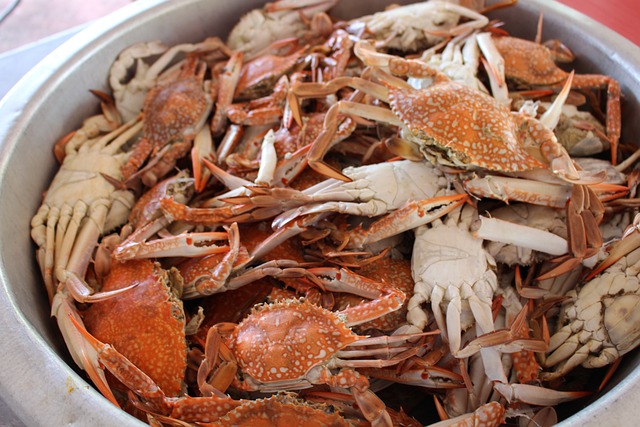A serving of home
Spearheading the return to native produce
Featured in

- Published 20221101
- ISBN: 978-1-922212-74-0
- Extent: 264pp
- Paperback (234 x 153mm), eBook


Already a subscriber? Sign in here
If you are an educator or student wishing to access content for study purposes please contact us at griffithreview@griffith.edu.au
Share article
About the author

Nornie Bero
Nornie Bero is from the Komet tribe of the Meriam people of Mer Island and was raised in the Torres Strait. A professional chef for...
More from this edition

The supper
Poetrywhere Sacrificer and Sacrificee, still fragrant with the Blood of Morning and Harvest, gather by twisted Beak and crooked Hand

Lunch at the dream house
FictionThere were columns. It was white. Palatial. ‘Just smile and nod,’ Paul said, as he drove towards the fountain where a replica of Michelangelo’s Bacchus stood in all his glory.

The party for Crabs
FictionAs she lists the night’s specials, Claire attempts to figure out the party’s dynamic. Shared complexions make the elegant woman the little girl’s mother, surely. It’s the women’s relationship she can’t figure out. University friends? Distant cousins? Their conversation seems too polite for either. Unnatural.